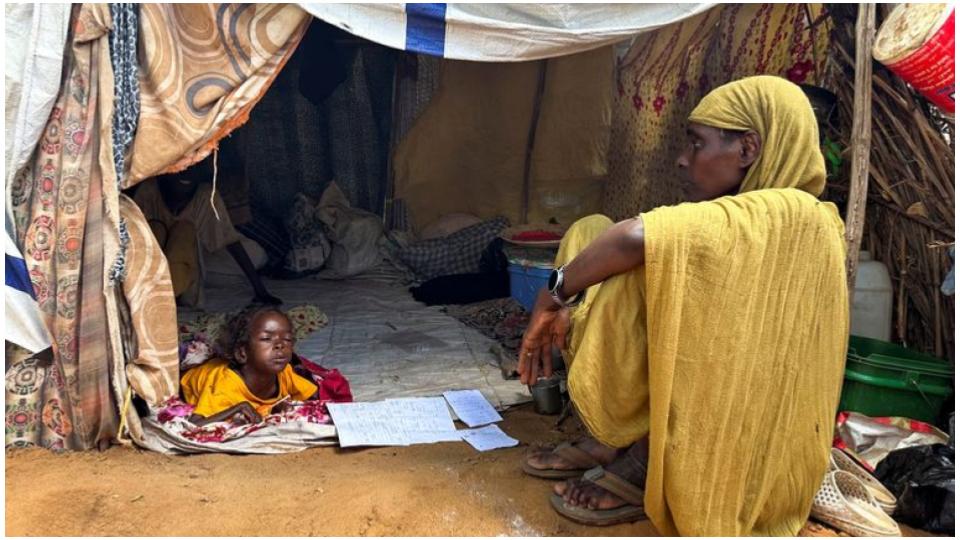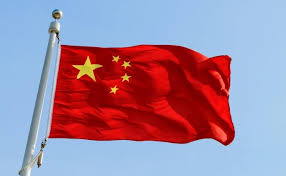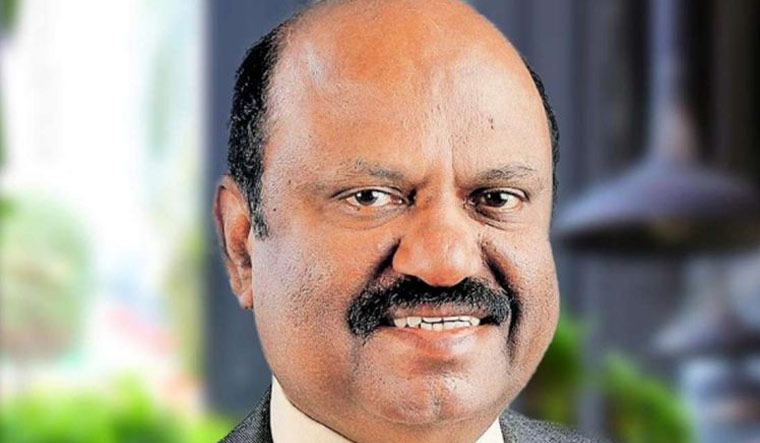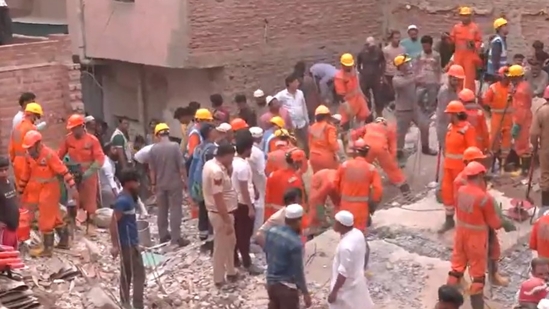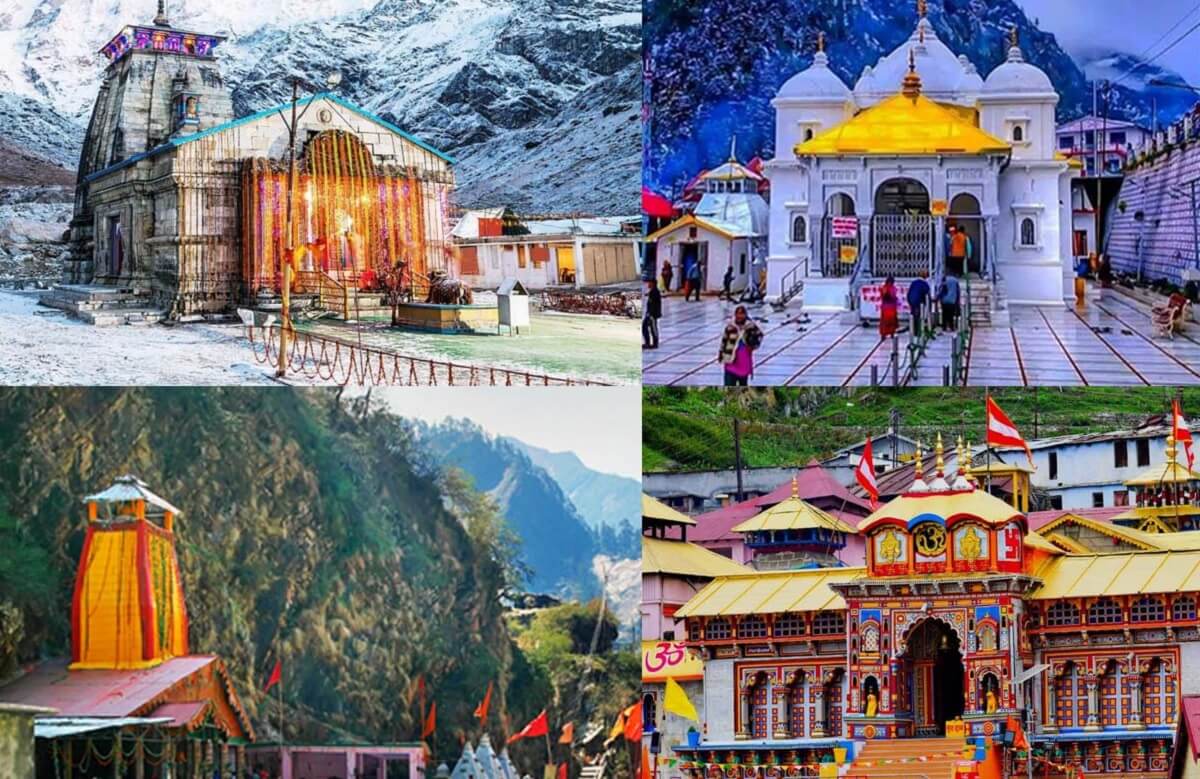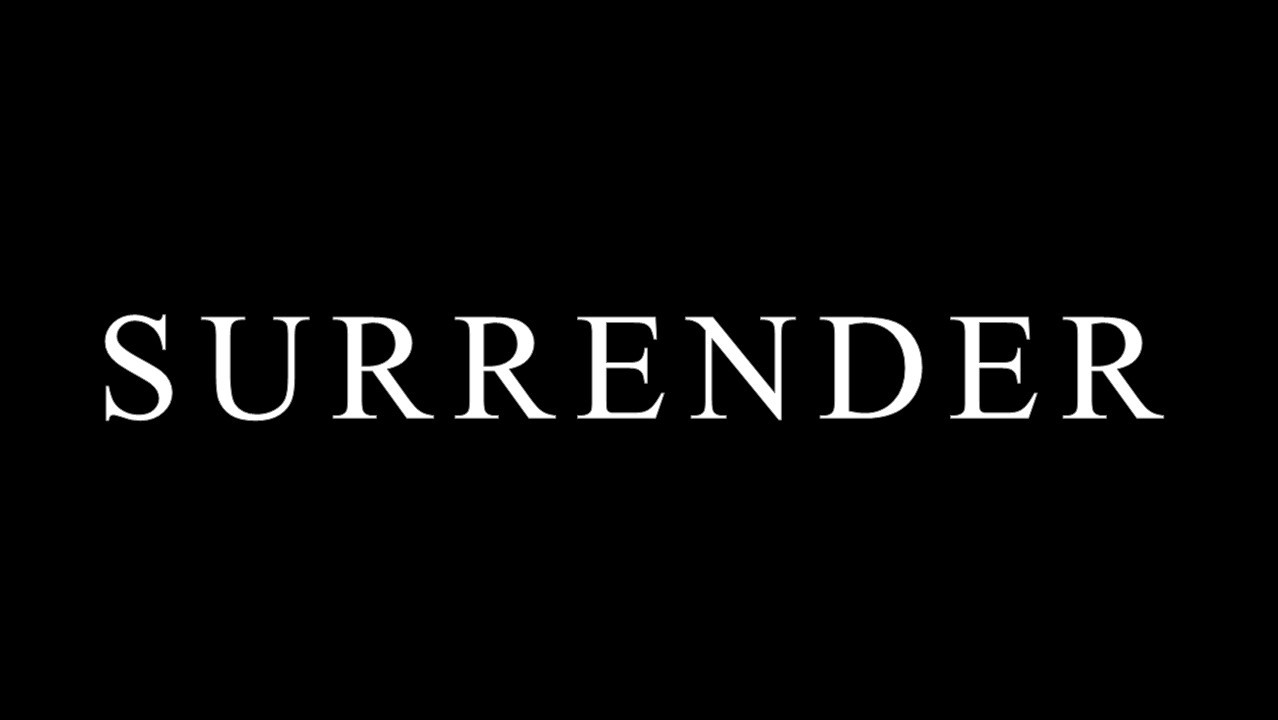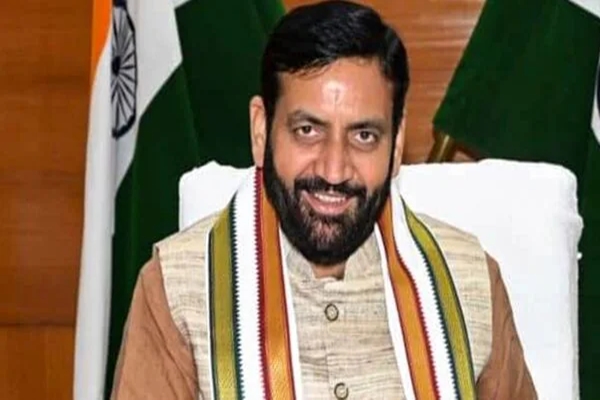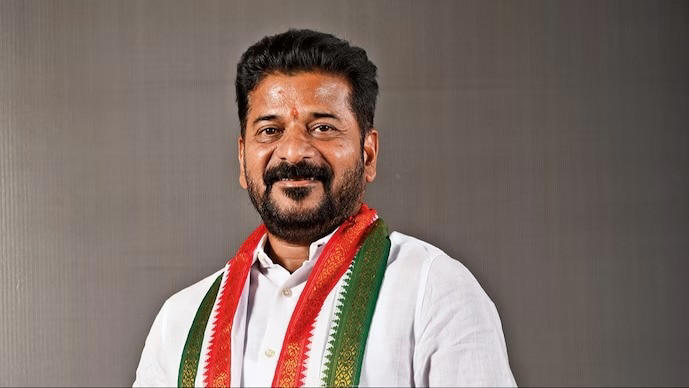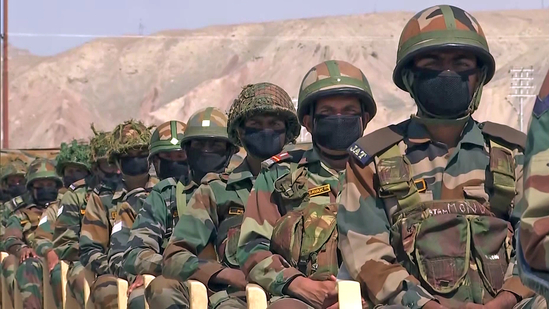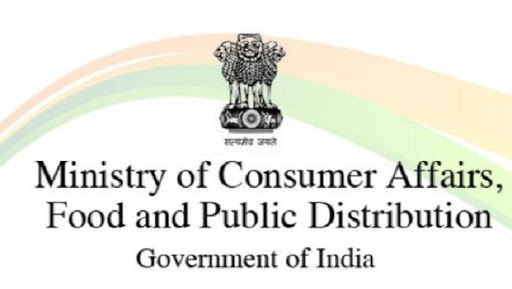Key to getting India on UN Security Council is 'not to touch veto': Nikki Haley
Wed 18 Oct 2017, 13:02:05
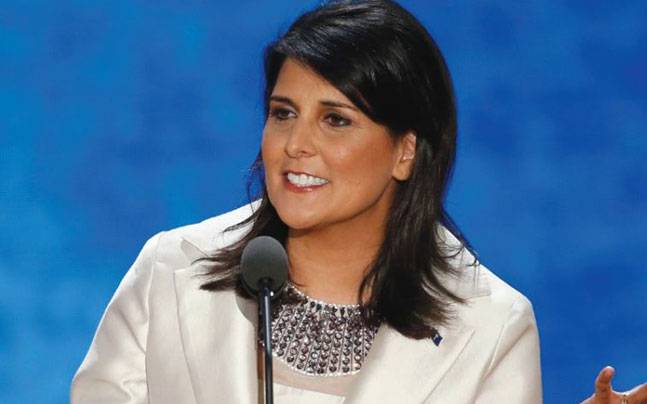
The key to India becoming a permanent member of the UN Security Council is "not to touch the veto", US Ambassador to the UN Nikki Haley has said as she identified Russia and China as the two global powers against changes in the current structure of the Security Council.
"This reform of the UN Security Council is much more about the veto. The permanent five (members of the Security Council) have the ability to veto. Russia, China, the UK, the US and France and none of them want to give that up," Haley said at an event."So the key to getting India on the Security Council would have to be not to touch the veto," she said at the event organised in Washington by the US India Friendship Council.
The US is open to UN Security Council reform and always have been responding, she said in response to a question from Swadesh Chatterjee, chair of the US India Friendship Council, after she gave her keynote remarks.Haley said the US Congress or the Senate can't have much role in reforming the Security Council. "Not really. They really can't.
Because members of the Security Council are not going to listen to the Congress on the shape of the Security Council," she
said.
said.
Haley said the US is already on board, but there is a need to focus "on Russia and China" -- the two permanent members of the Security Council who "do not want to see any" changes in the Security Council.
"It's a UN issue, it's going to require UN reform and I think, India has to go and bring together as many supporters as it can in order to really effect that change in the Security Council," Haley said.
For long, India has been calling for reform of the UN Security Council. India and a large number of countries believe that the current UN and its powerful Security Council does not reflect the ground realities of the 21st century.
Last month, foreign minister of G4 countries -- India, Brazil, Germany and Japan -- met in New York on the sidelines of the UN General Assembly to push their case for reform of the Security Council, including expansion of its permanent and non-permanent members.
India has also received support from several other multilateral groupings during the General Assembly session, including from BRICS and IBSA. Several countries have taken up the floor of General Assembly to support India's permanent membership.
No Comments For This Post, Be first to write a Comment.
Most viewed from International
Most viewed from World
AIMIM News
Latest Urdu News
Most Viewed
May 26, 2020
Do you think Canada-India relations will improve under New PM Mark Carney?
Latest Videos View All
Like Us
Home
About Us
Advertise With Us
All Polls
Epaper Archives
Privacy Policy
Contact Us
Download Etemaad App
© 2025 Etemaad Daily News, All Rights Reserved.






.jpg)
.jpg)

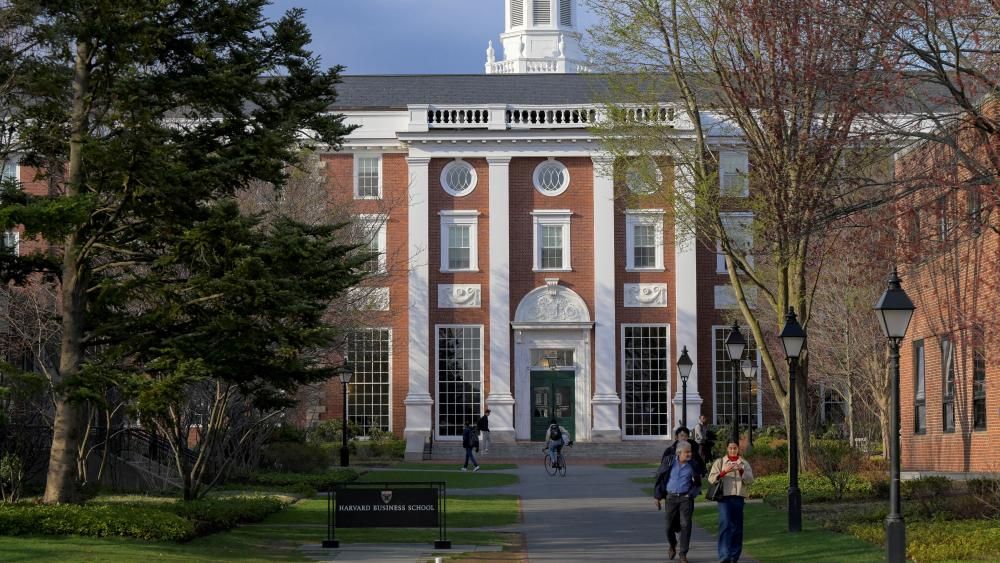
.jpg)
